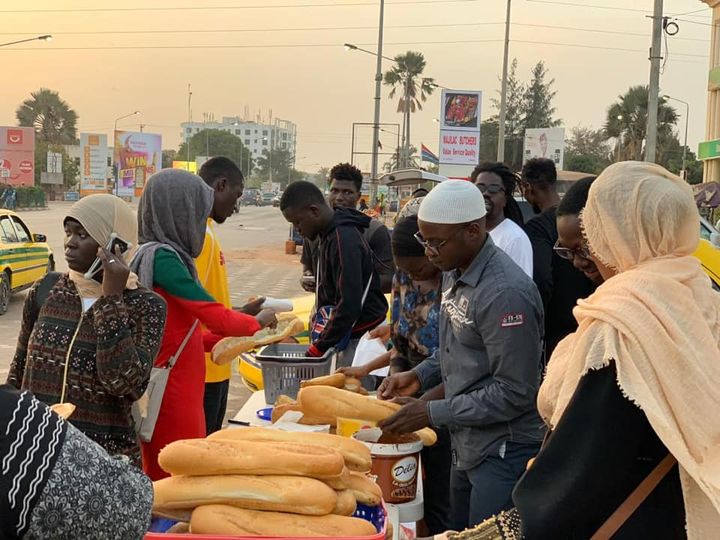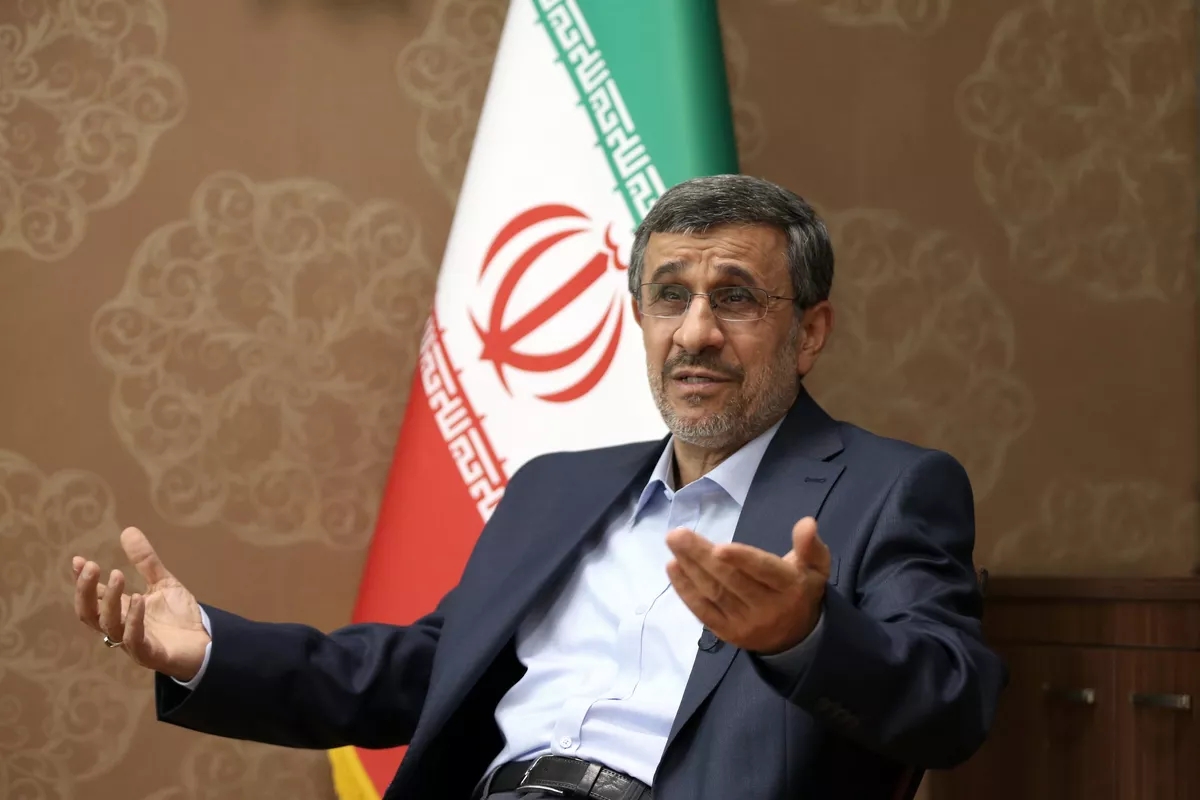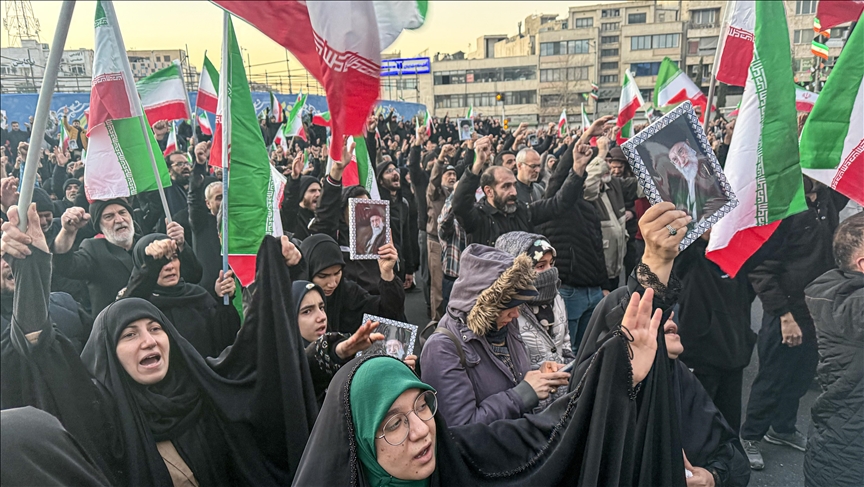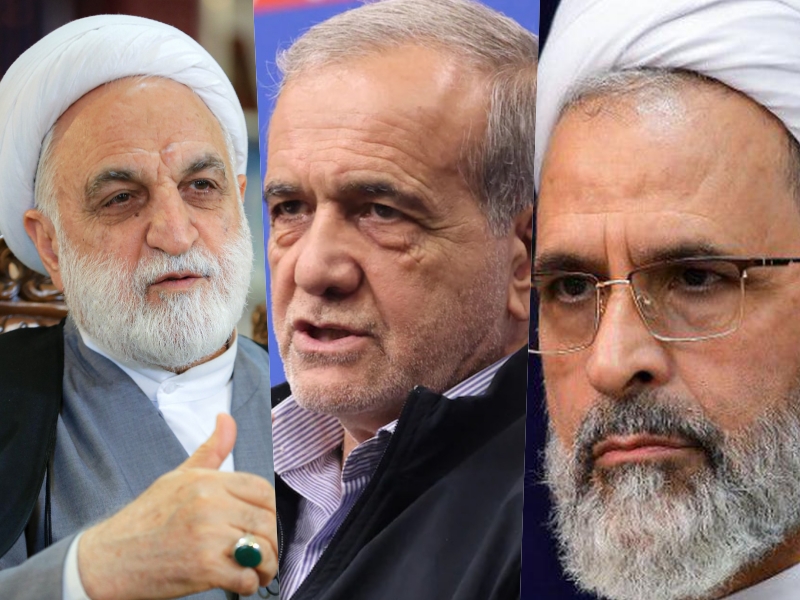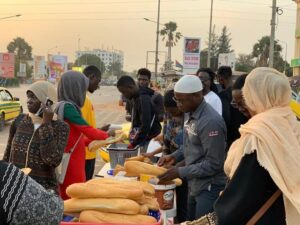Gambiaj.com – (DAKAR, Senegal) – The Futurs Médias Group (GFM), one of Senegal’s leading media conglomerates, has had its accounts blocked by the government’s tax authorities, as revealed by the group’s managing director, Birane Ndour. The news underscores the new authorities resolve to clamp on the major media outlets in the country, despite the financial struggles they claim to be facing.
Birane Ndour, the son of renowned musician and media mogul Youssou Ndour, disclosed that GFM’s accounts have been “blocked for weeks,” contributing to the already heavy burden on the company. “People often accuse GFM of being a group that does not pay its taxes,” he said. “I will never lead a group that does not pay its taxes. GFM pays its taxes. The right speech would be: ‘GFM owes money to the tax authorities’, like almost all companies and I think that is normal.”
He emphasized the challenging reality faced by media companies, noting that the group’s 700 employees and substantial payroll require the payment of several significant taxes, including VRS (Payment of withholding tax), VAT (Value added tax), and BRS (Withholding tax slip). “All [press companies] are in agony. What people think is different from reality. When you suffocate the press, you suffocate part of your democracy,” Ndour stated.
While acknowledging the necessity of tax contributions in a country reliant on tax and customs revenue, Ndour argued against punitive taxation. “I agree with the government on the management of taxation. In a country that manages itself with tax and customs revenue, it is normal for people to pay their taxes. But, this should not be punitive taxation,” he asserted.
Ndour was joined in the discussion by Mamadou Ibra Kane from the CDEPS, Seydina Aba Guèye from the Convention of Young Reporters, and Alioune Tine from civil society, highlighting a united front in addressing the pressing issues of media sustainability and fair taxation in Senegal.
The financial distress of GFM follows similar challenges faced by other prominent media groups in Senegal, such as Avenir communication and Wal fadjri. The situation raises broader concerns about the health of the media sector and its implications for democracy in the country.
As the debate over media taxation continues, stakeholders are calling for a balanced approach that ensures the sustainability of press operations while maintaining necessary tax revenues for the state.



